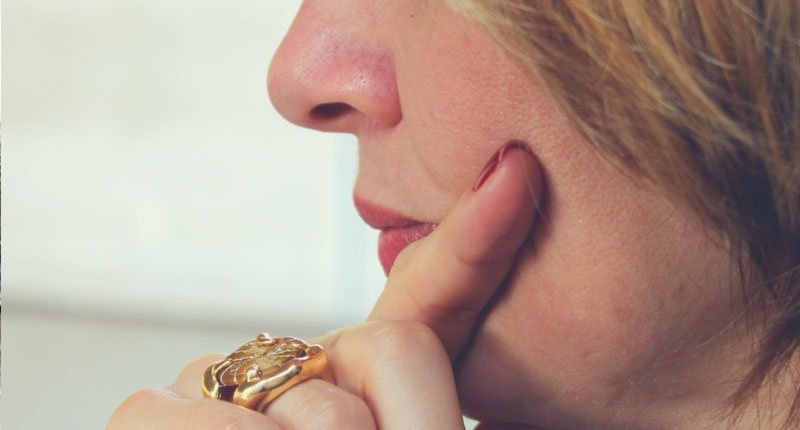

Do We Really Need a School Observation?
When I first started representing children with special education needs some eighteen years ago, the concept of sending in a consultant to observe a student during the school day seemed to be an absurd waste of time and money that would never provide any useful information. After all, I reasoned, if the teachers and school staff know that the student is being watched by an outsider, the observer will never be allowed to see what really happens during a regular school day. Boy, was I wrong. After reviewing hundreds of observation reports over the years, I can now attest that observations are a critical piece of our program evaluations and do, in fact, provide valuable information about a student’s school day in virtually every case. This is information that we could never hope to obtain from any other source.
“Why do we need an observation?” “Isn’t just an evaluation sufficient?” Parents ask these questions on a regular basis because they share the same doubts that I once had. The answer is that observations provide us with a wealth of information about a student’s educational experience through the lens of an expert who is trained to interpret what happens in your child’s school environment. If you are concerned that your child is struggling socially, a good observer will be able to tell us whether he or she is connecting with peers during the school day. How does your child perform in a large classroom setting? An observer will tell us whether a child is able to thrive in a large group or whether he or she needs a more structured program, more individual attention or a smaller class size.
Educational experts who conduct observations focus on such details as delivery of instruction, your child’s social interactions and your child’s peer group to help explain why your child may be having difficulties. Good observations are not limited to the classroom. Oftentimes, for a child who is struggling with anxiety or to make friends, the most important part of an observation may occur in the cafeteria or in gym class where the expert can see for herself whether your child is included and engaging with peers.
Who should conduct the observation? Clearly, it should be a qualified professional who has experience in working with children who struggle in the areas of your concern. You, as a parent, cannot conduct an unbiased or trained observation of your own child. Frequently, a neuropsychologist or other specialist who has already evaluated your child is the best person to observe because they know your child’s strengths and weaknesses and best know what to watch for. If your child comes home from school, day after day, exhausted or anxious or discouraged, an observation may be what you need to understand your child’s school day, particularly when, as is often the case, your child is unable to adequately express his or her concerns in a manner that will get the school’s attention.
An observation is an important resource not only to help you understand your child’s school day but also to provide you with recommendations as to how the learning environment may be improved or changed to suit your child’s individual needs. Under federal and state laws, parents have the absolute right to have their child observed by an expert of their own selection. The attorneys at Sankey Law Offices are happy to answer any questions you may have about school observations.


